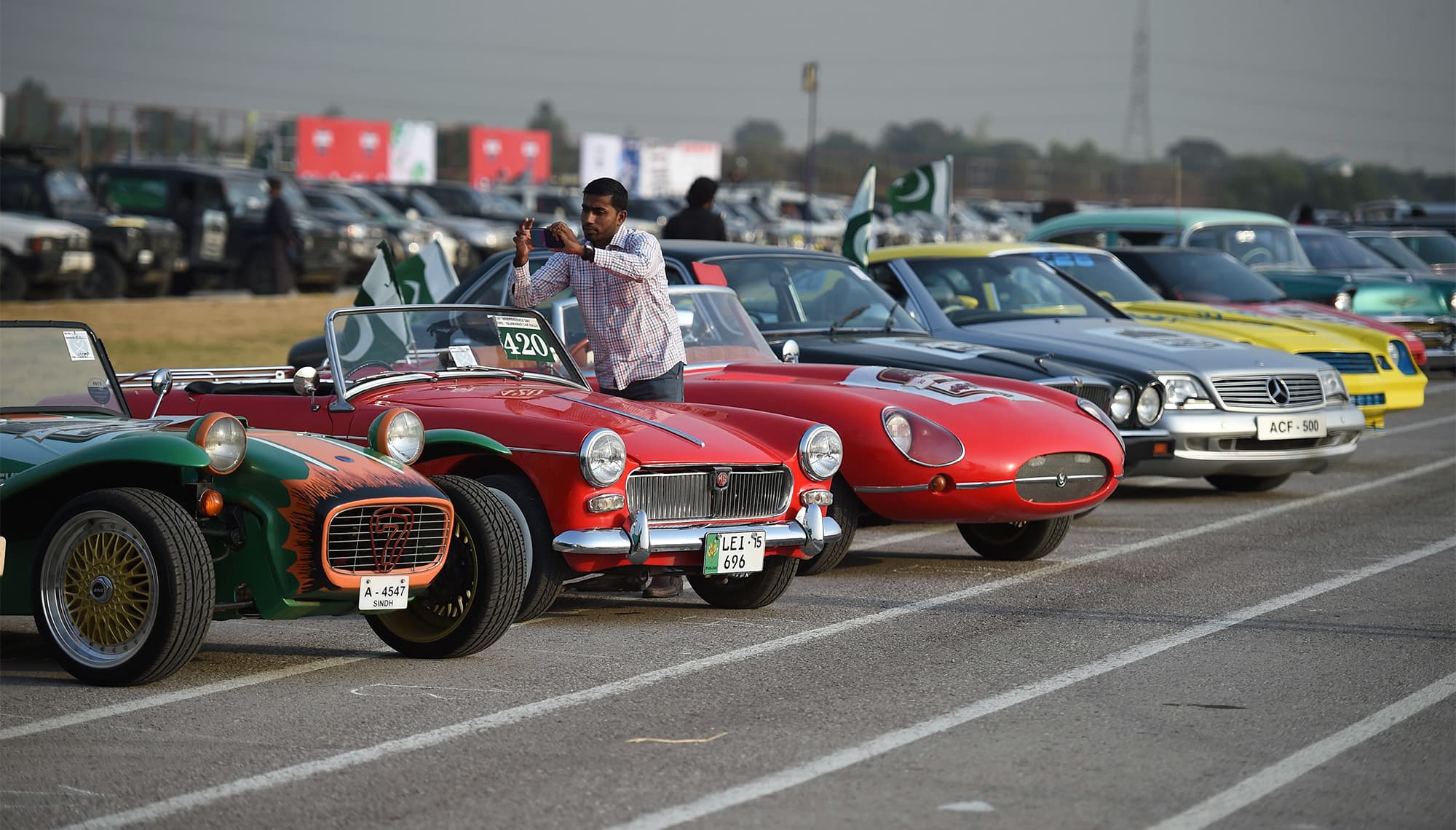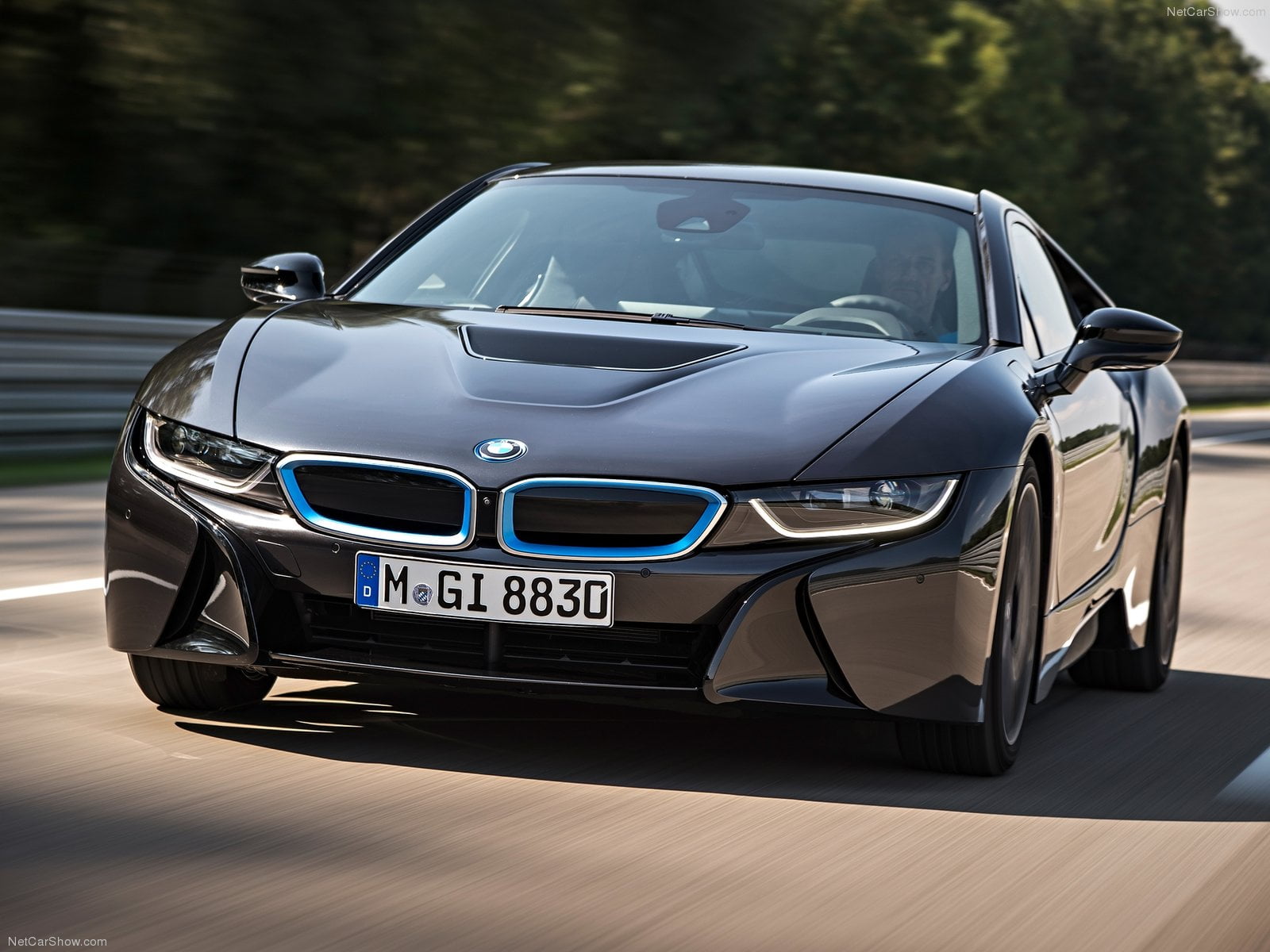What Makes a Car “Classic”?
The term “classic car” is often used, but what exactly defines a classic vehicle? The definition can vary slightly depending on the country, organization, and context, but generally, a classic car is:
- Age: A vehicle must typically be at least 20 to 25 years old. Some may refer to cars that are 30 or 40 years old as “vintage” or “antique” cars.
- Historical Significance: Classic cars are often models that have had an impact on automotive history, whether through their design, performance, or technological innovations.
- Condition and Originality: A true classic car is one that retains its original features, parts, and design. The more original and well-maintained the car, the more valuable it is considered.
- Rarity: Classic cars often include models that were produced in limited numbers or had unique features that set them apart from mainstream vehicles at the time.
Why Do People Love Classic Cars?
Classic cars are beloved for various reasons, and each owner may have a unique reason for their passion. Here are some common reasons why people are drawn to these iconic vehicles:
1. Nostalgia and Emotional Appeal
Many people are drawn to classic cars because they evoke memories of a bygone era. For car enthusiasts, owning a classic is a way to reconnect with the past, whether it’s the design, the engineering, or the lifestyle of a certain time. Some buyers seek out cars they remember from their youth, while others simply appreciate the craftsmanship that was evident in older vehicles.
2. Timeless Design
Classic cars often feature design elements that are no longer seen in modern cars. The curves, chrome details, and sleek lines are a stark contrast to the more utilitarian designs seen in today’s vehicles. The artistry involved in creating these designs is a huge part of their appeal, and many classic cars are considered rolling works of art.
3. Investment Potential
Classic cars are known for their ability to increase in value over time. Rare models, well-maintained examples, and cars with historical significance tend to appreciate in value, making them appealing to collectors and investors. Whether you’re looking to buy a classic car as an investment or simply as a passion project, they can provide long-term financial benefits if chosen wisely.
4. Unique Driving Experience
Driving a classic car offers a unique experience that many modern cars cannot replicate. From the sound of the engine to the feel of the manual transmission, these vehicles often provide a more connected and tactile driving experience. For some drivers, this is the ultimate form of automotive enjoyment.
5. Car Culture and Community
Owning a classic car often means joining a passionate community of like-minded individuals. Car shows, cruises, and clubs provide opportunities for enthusiasts to meet, share stories, and showcase their prized vehicles. The camaraderie and shared appreciation for classic automobiles create lasting friendships and a sense of belonging.
Classic Car Categories
While all classic cars share a timeless appeal, they can be categorized into different types based on their age, rarity, and purpose. Here are some common categories of https://www.truthin24.com:
1. Antique Cars
Antique cars are typically those that are over 45 years old. These cars are often rare, highly valued, and considered collectors’ items. Many antique cars are preserved in pristine condition, making them highly sought after in auctions.
2. Vintage Cars
Vintage cars are typically defined as vehicles produced between 1919 and 1930. These cars represent the early years of automobile manufacturing and are often prized for their historical significance. They are rare, and many of them have become collector’s pieces.
3. Muscle Cars
Muscle cars, which gained popularity in the 1960s and early 1970s, are powerful vehicles known for their large engines and distinctive designs. Some of the most famous muscle cars include the Ford Mustang, Chevrolet Camaro, and Dodge Charger. These cars are often celebrated for their performance and still have a large fan base today.
4. Luxury Classics
Classic luxury cars, such as those made by brands like Rolls-Royce, Bentley, and Mercedes-Benz, are highly valued for their elegance, craftsmanship, and premium features. These vehicles often represent the height of automotive engineering from their time and continue to draw attention for their status and prestige.
5. Sports Cars
Sports cars, such as the Porsche 911 and Jaguar E-Type, have long been admired for their performance and design. These cars are built for speed, agility, and handling, and they often hold their value well over time. Collectors and driving enthusiasts love the thrill that comes with owning and driving a classic sports car.
How to Buy a Classic Car
Buying a classic car can be both an exciting and challenging process. If you’re new to classic car ownership, here are some tips to guide you:
1. Do Your Research
Before purchasing a classic car, it’s crucial to research the make, model, and market value. Learn about the car’s history, common issues, and what makes it valuable. Classic car auctions, online marketplaces, and enthusiast clubs are excellent resources for gaining knowledge.
2. Assess the Condition
Classic cars, like any vehicle, need to be carefully inspected before purchase. Pay attention to rust, frame damage, and mechanical condition. It’s highly recommended to have the car inspected by a professional mechanic who specializes in classic vehicles.
3. Check for Documentation
A well-documented car with a known history and original paperwork (such as service records, original titles, and ownership history) is usually more valuable. Verify that the car’s VIN (Vehicle Identification Number) matches the paperwork and that no alterations have been made to the car’s history.
4. Consider Storage and Maintenance
Owning a classic car often requires special care and maintenance. You’ll need to ensure you have proper storage space to keep the car in good condition, and regular maintenance is crucial to preserving its value.
5. Know Your Budget
Classic cars can be expensive, but the price range varies widely depending on the car’s make, model, rarity, and condition. Set a budget and consider all potential costs, including restoration, maintenance, insurance, and storage.
Maintaining Your Classic Car
Owning a classic car means taking responsibility for its upkeep. Here are some tips for maintaining a classic car:
- Regular Servicing: Classic cars require regular maintenance, including oil changes, brake inspections, and engine tune-ups. It’s essential to find a mechanic with experience working on older vehicles.
- Use Quality Parts: When replacing parts, opt for original or high-quality replacement parts to maintain the car’s authenticity and performance.
- Preventative Care: Store your car in a climate-controlled environment to protect it from rust and wear. Regularly clean and wax the car to preserve the paint and finish.
- Drive It: While classic cars are often seen as investments, it’s also important to drive them occasionally to keep the engine in good working order. Just be sure to drive carefully and within the limits of the car’s capabilities.
Conclusion: The Timeless Charm of Classic Cars
Classic cars are more than just vehicles; they are symbols of style, craftsmanship, and history. Whether you see them as an investment, a passion, or a way to connect with the past, classic cars offer something special to their owners. With proper care and attention, a classic car can provide a lifetime of enjoyment, along with the satisfaction of owning a piece of automotive history.



